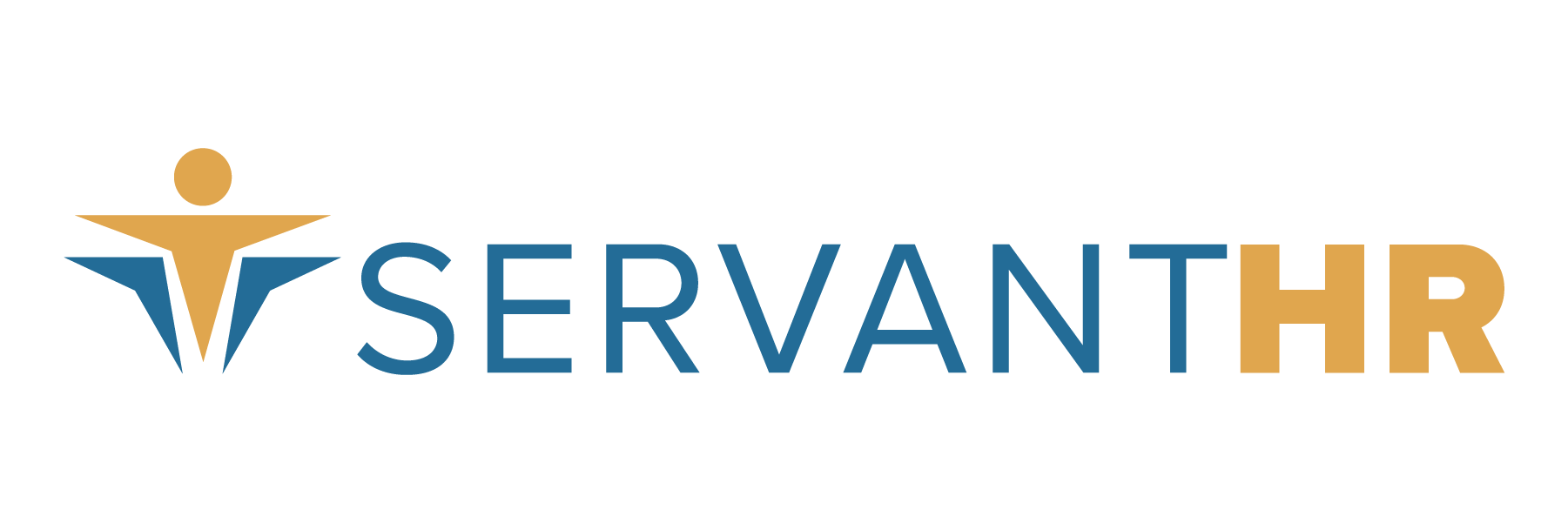An interview and resume reveal only so much about a job applicant. Background checks often shed a clearer light on someone’s past. While there have been policies related to background checks, there has not been recent activity in the form of a federal guidance until last year.
In April 2012, the EEOC issued a new policy guidance essentially saying you cannot have a standalone policy stating you will never hire someone because they committed a particular offense without considering exceptions. If an employer were to say they would fire someone specifically because they were convicted of DUI, domestic violence or aggravated assault, for example, the fear is that there is some chance the decision would have a disparate impact on minorities.
There is a common way to deal with these guidelines. If someone is applying for work at your company, be sure the application includes a consumer authorization that says you can run a background check and ask if they have been convicted of any crime. It’s a simple “Yes” or “No” question. When you run the background check on that applicant, you will find out if they lied about having been convicted. If they lied, that is grounds for not hiring them.
If the potential employee indicated on their application that they were convicted of a crime, you must engage in an “interactive dialogue” With that potential employee prior to deciding whether to hire them. During this discussion, the HR services provider or employer talks to the applicant about what the background check divulged. You then have a conversation about the circumstances surrounding the crime committed.
A DUI is a common crime, often considered a crime of stupidity. Other common crimes are considered crimes of honesty. Those include things like petty theft, larceny, receiving stolen property or writing illegal checks. One important question to ask yourself in such a situation is whether you want the offender touching your money.
Two Areas to Consider During the Interactive Dialogue
During the interactive dialogue, the employer should consider the type of crime the person committed. Perhaps they did something dumb and are honest it. Do you hire them? Even in a crime of violence such as domestic violence, be sure to let the person tell their story before making a decision about their employment. The person could have been fighting back from an attack. Listen, and then decide.
You shouldn’t hire or fire an ex-offender just because they’re an ex-offender. First, consider when the crime was committed. For example, say in 1998 a job applicant got caught smoking marijuana. Listening to his story, you hear that he doesn’t drink or smoke now. He says it was a tough time in his life and then he found his faith. Listen and make decisions on a case-by-case basis.
Value of the New EEOC Guidelines
The new EOCC guidelines help set up a process for you to ensure that before you say “No” to a former offender who is qualified for a job, you step back and see if the situation runs too much risk for your company.
The EOCC guidelines have been out for over a year. There are certain industries such as childcare and long-term care, and employees such as those who work in collections on sensitive contracts, where certain felonies or misdemeanors could be serious red flags.
Ideally, the EEOC really should have solicited input from companies to see how this could impact them. I always think it’s important to engage with potential employees to ask questions to get to know the person and their story before you make the decision to terminate or hire. Ask them about previous jobs and what they do in their free time, for example.
At Servant HR, we are normally involved in the background check process. What we see most often with individuals with conviction histories is either people don’t admit they received a conviction or they admit a smaller crime but their background check divulges something much worse.
We generally are a fan of background checks because we believe you should know someone’s story. The cost is minimal, so for anyone with access to finances, you should absolutely run a background check. If someone is working with children or the elderly, run a background check.
You must have it in your employee handbook that you, as the employer, have a right to run a background check in order to run it on current employees. If someone’s criminal conviction runs a risk of jeopardizing the safety of your workplace, an interactive engagement is necessary and job termination might be necessary.
We can help you determine the best ways to handle background checks and other sensitive HR issues. Tell me about your HR challenge so we can get started.





